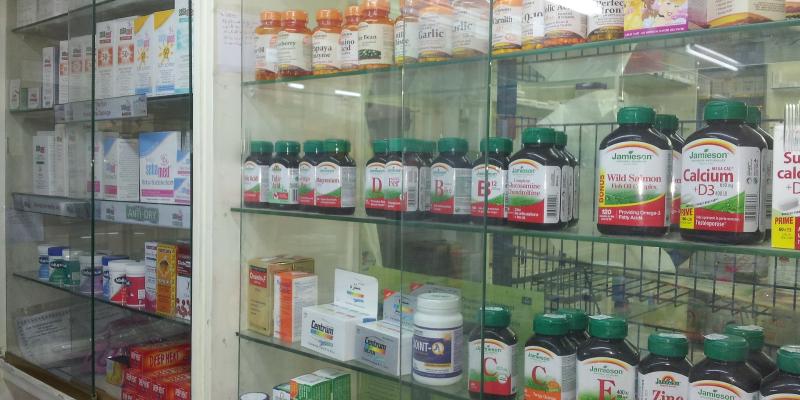The objective of hospital pharmacies is to supply drugs and medicinal products to hospitals and other medical centres providing full-stay and 24-hour health services. The hospital pharmacy department can act as a hospital pharmacy.
The operations of hospital pharmacies are regulated by the Pharmaceutical Law.
The responsibilities of hospital pharmacies
The responsibilities of hospital pharmacies include dispensing medical devices and medicinal products, the creation of compound drugs, and also as drugs for parenteral and enternal nutrition, cytostatic drugs, infusion fluids, as well as solutions for haemodialysis and peritoneal dialysis.
Hospital pharmacies also partake in monitoring adverse drug reactions, clinical tests conducted in the hospital, and in the rationalisation of pharmacotherapies.
They also organise the hospital medicinal and medical stock.
Hospital pharmacies can supply drugs to hospitals and other establishments providing full-stay and 24-hour health services, as well as patients undergoing therapies based on drug-prescription programmes, and to patients undergoing chemotherapy on an outpatient course.
The units also establish procedures of dispensing medicinal products and medical devices to the wards and to the patients. They also keep the records of samples for clinical tests and the medical devices received as donations;
Operating standards
A hospital pharmacy can be opened under the consent of a voivodeship pharmaceutical inspector, providing it fulfils the requirements established in the Law.
Among other issues, these requirements concern the pharmacy manager. A pharmacy can be managed by a pharmacist with at least 5-years’ experience in working in a pharmacy, or 3-years’ experience for pharmacists specialised in retail pharmacy.
The premises of a hospital pharmacy – the size, type, number of rooms – should be adjusted to the operations performed by the pharmacy and the number of health services provided by the establishment hosting the pharmacy.
The area of a hospital pharmacy cannot be smaller than 80 square metres, and has to be appropriately larger for the preparation of compound drugs, drugs for parenteral and enteral nutrition, individual therapeutic doses, and cytostatic drug doses.
If the pharmacy also runs an infusion liquids lab, it is necessary to expand the area of the pharmacy by a dedicated room and a quality control lab capable of conducting physiochemical, microbiological, and biological tests.









Comments (0)